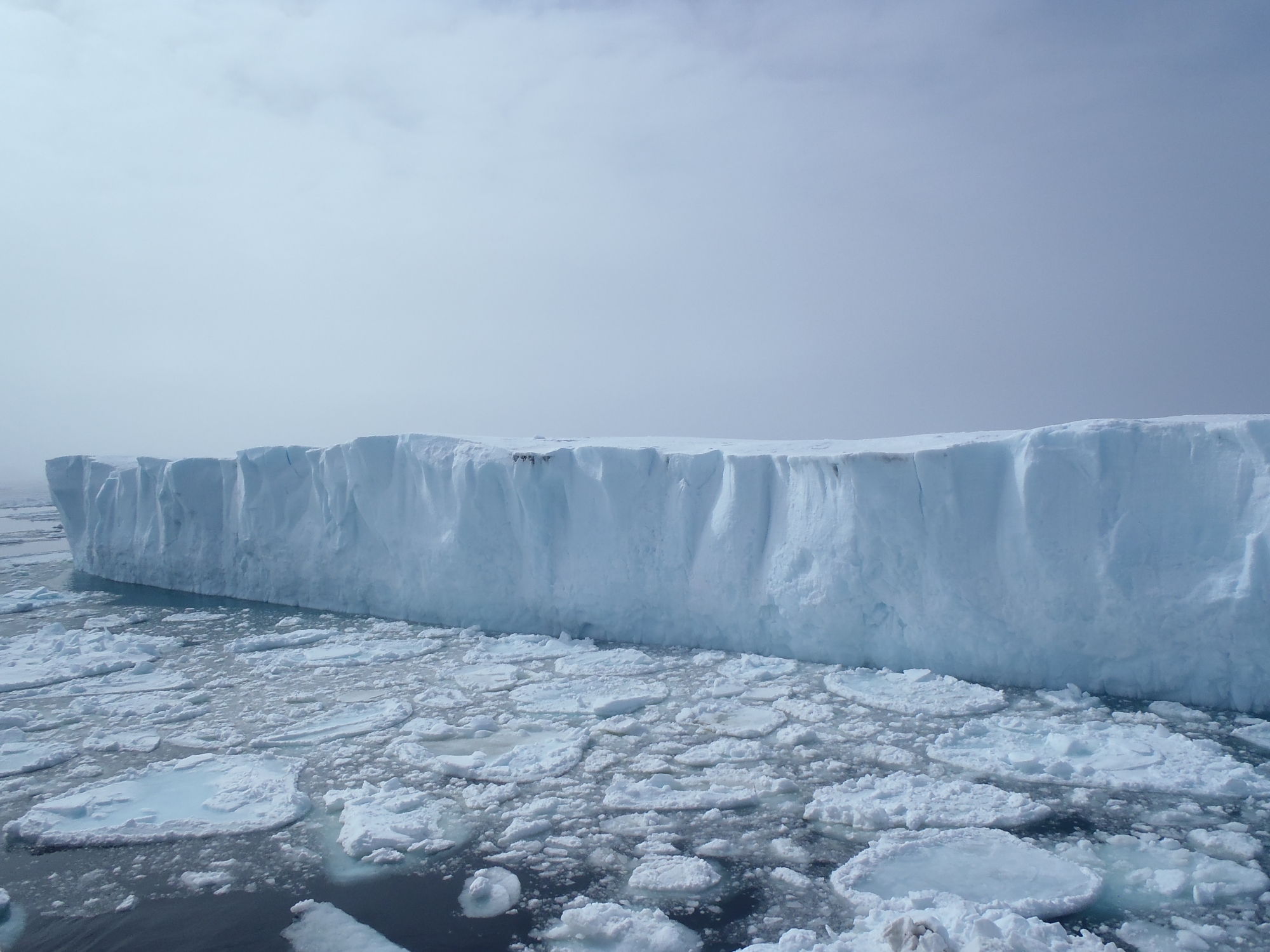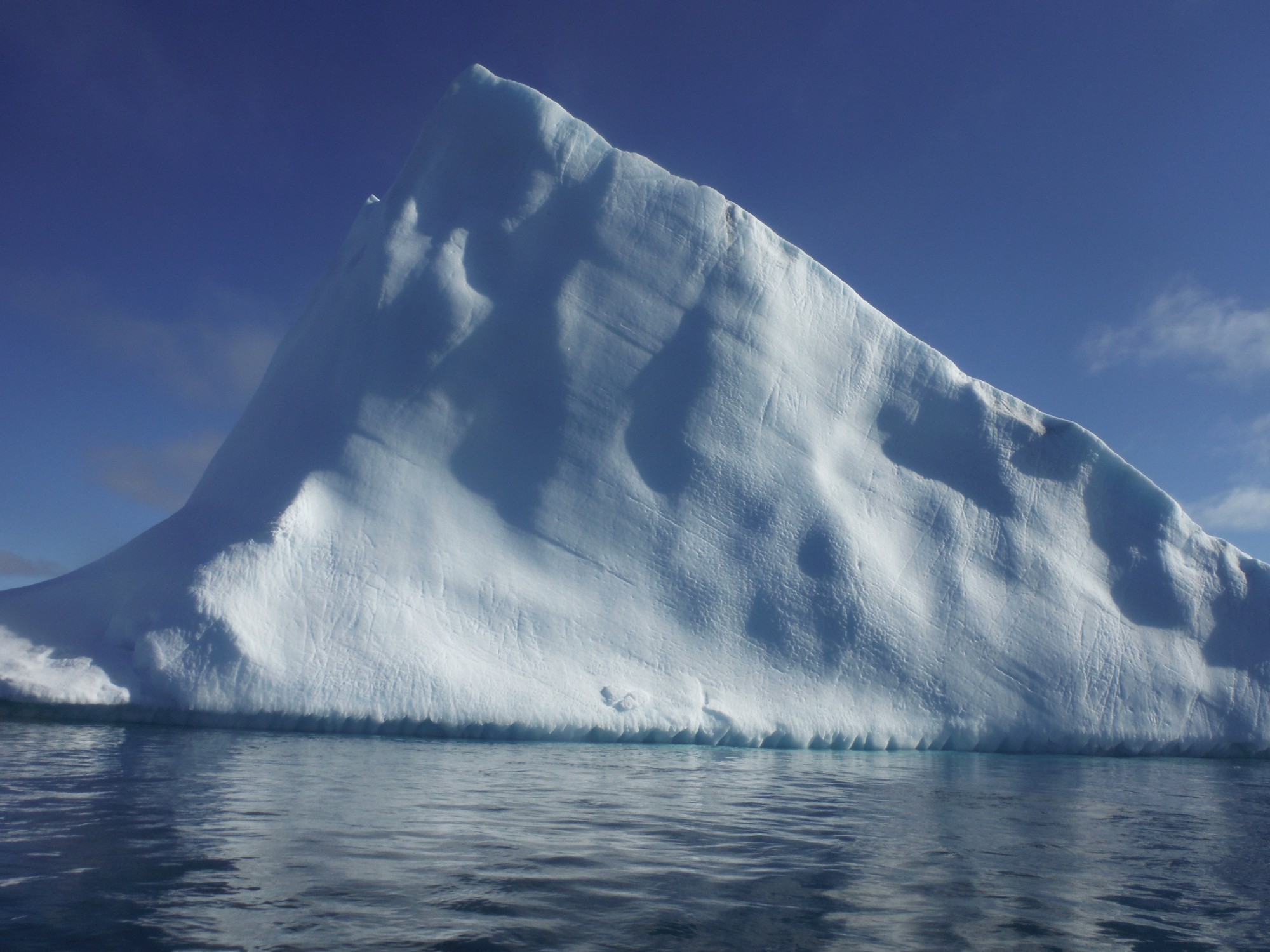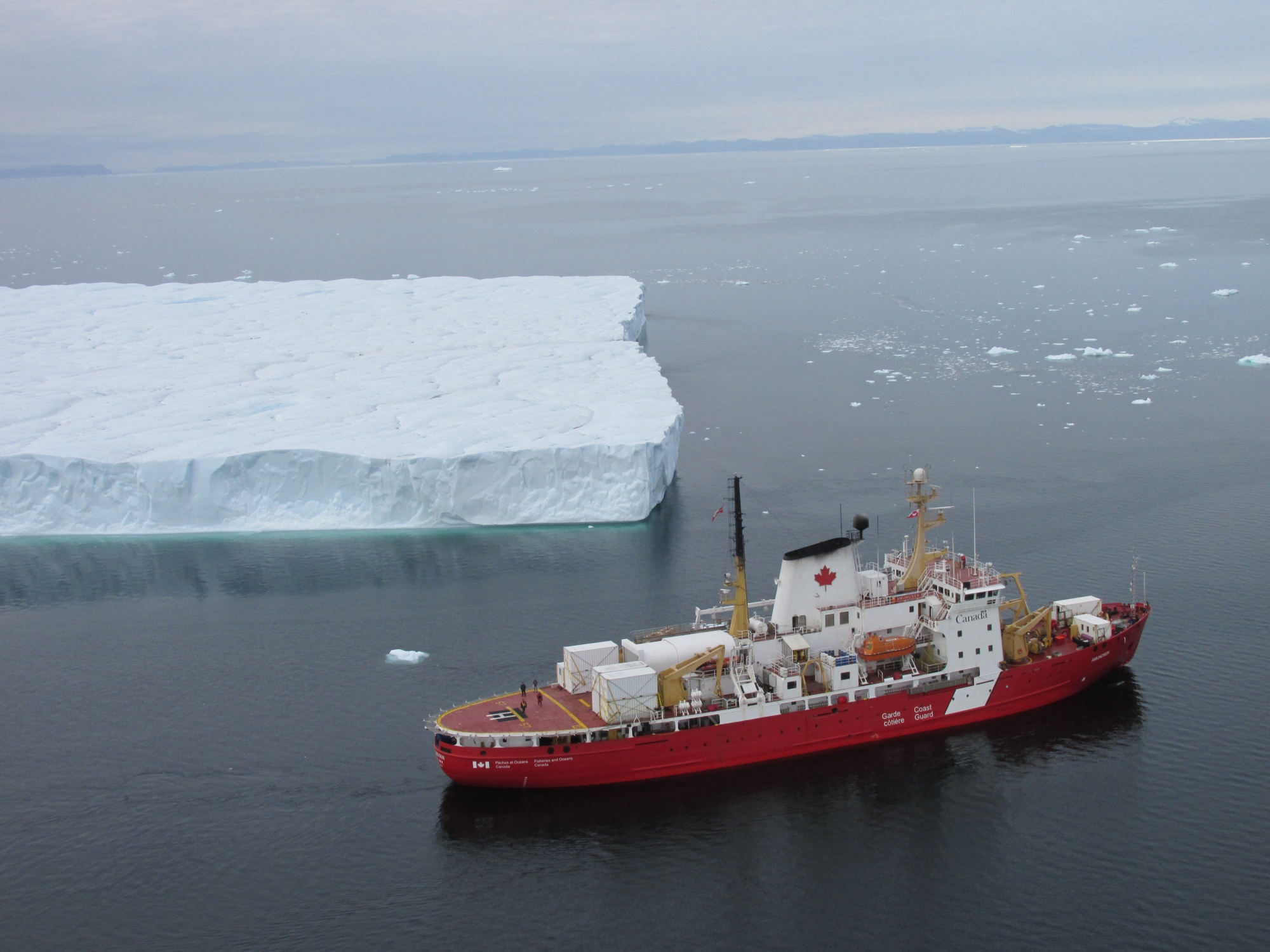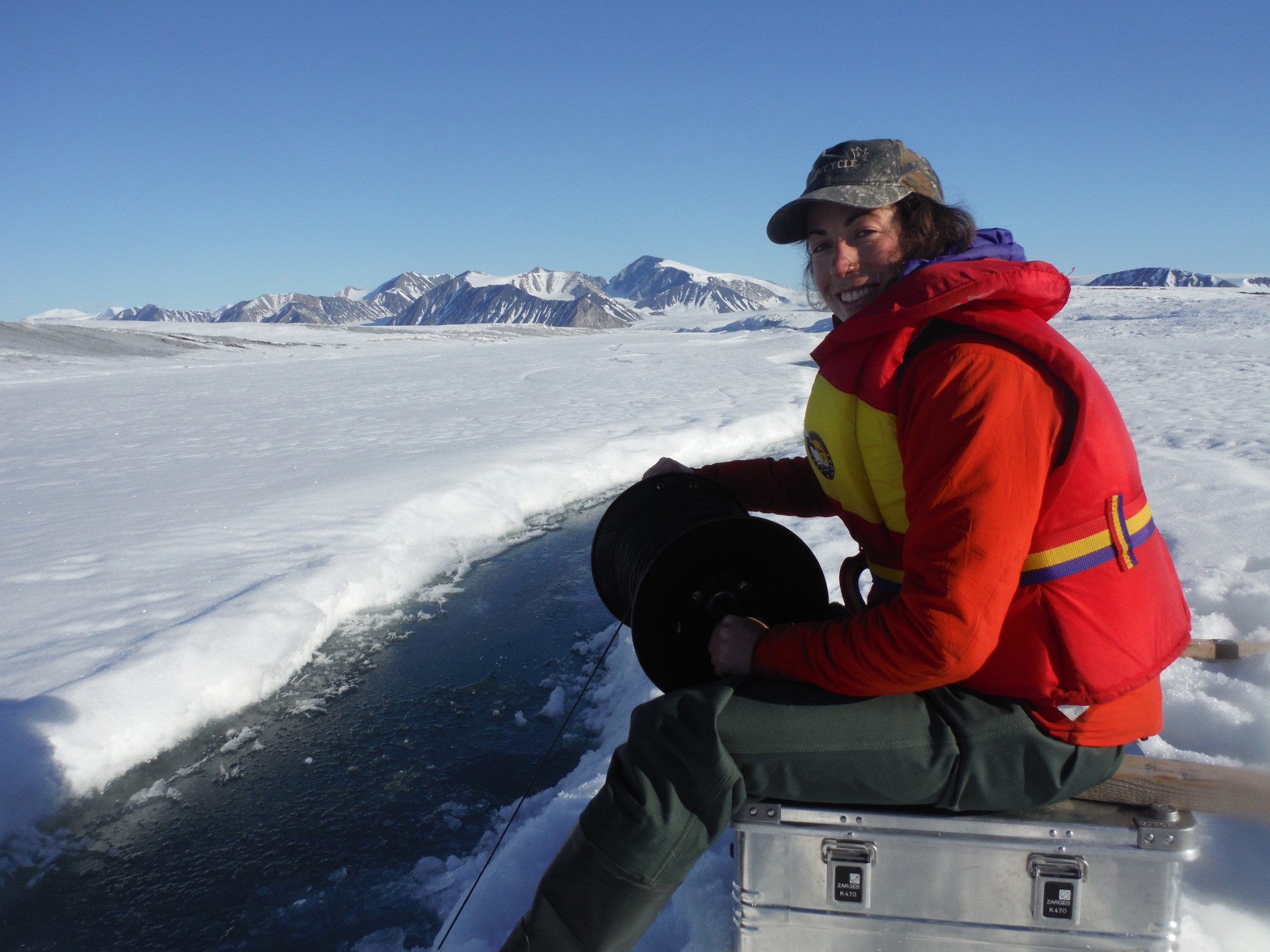We are seeking a postdoctoral fellow (1 year term, starting in January 2016) and a PhD student (starting in September 2015) to develop and test an ice island deterioration model.
Ice islands are extensive (up to several km long) tabular icebergs that break-off of ice shelves and floating ice tongues in the High Arctic. Over the last decade, ~1000 square km of ice islands have calved from their parent ice masses and have been drifting south and breaking into progressively smaller pieces. This project will examine the deterioration of ice islands by developing and testing a model of these processes. The postdoctoral fellow will be responsible for model development, algorithm selection, coding and initial testing and validation. The PhD student will follow up with sensitivity analyses, a more thorough validation and testing plus the incorporation of ensemble techniques. An opportunity for an internship is associated with both positions and there may be fieldwork opportunities as well.
Postdoctoral position
Ideal postdoctoral candidates will have a PhD in engineering, physics or a related discipline and have well-developed mathematical and computer programming skills. They should have considerable experience in working with and creating models using methods such as finite or discrete element modelling or other numerical techniques. They should be motivated to work in a multi-disciplinary environment, and to mentor other members in our research group. They should have a very good standard of written and spoken English and experience with scientific writing. Knowledge of geospatial, oceanographic and meteorological data formats is an asset. One year of salary at $50,000 is currently available.
PhD position
Ideal candidates for the PhD position will be curious and driven, with strong communication and interpersonal skills. They will have a Masters level degree in a relevant area, e.g., Glaciology, Atmospheric Science, Oceanography, or another Earth Sciences/Physical Geography related discipline. Candidates should have programming skills and experience working with ice, ocean or atmospheric models/model outputs and geospatial data. They should be motivated to work in a multi-disciplinary environment, and to develop computational analysis and modelling skills. They should have a very good standard of written and spoken English and experience with scientific writing. Personal skills and certifications in areas such as wilderness travel are very welcome.
Funding at Carleton is a combination of differing sources that include research assistantships though a project, a teaching assistantship, and sometimes scholarships offered by the Department and University. We will make sure that the successful candidate has a competitive overall income, and provide training and support for obtaining high-profile scholarships. If the successful candidate is subject to higher tuition fees as a foreign national, the difference to tuition fees for Canadians will be covered.
Academic environment
Carleton is a comprehensive University offering a broad range of teaching and research in Natural Sciences, Engineering, and Arts/Humanities. These positions will be funded by an Ontario Early Researcher Award to pursue ice island modelling held by Derek Mueller in the Department of Geography and Environmental Studies at Carleton University. The project will be co-directed by Greg Crocker, an Adjunct Research Professor in the Department, and an experienced iceberg drift and deterioration modeller.
We benefit from interactions with local experts on northern issues and cryospheric research on campus, in federal government (e.g., the Canadian Ice Service, Environment Canada, the National Research Council) and colleagues at the University of Ottawa. Our work is related to ArcticNet’s “Impacts of the Changing Global Environment at Nunavut’s Northern Frontier” project, which provides access to field and networking opportunities.
Application
Please send (a) a cover letter; (b) curriculum vitae; (c) transcripts; and (d) a writing sample such as an article, essay, or thesis. In your cover letter, explain why you are the right candidate for the position your are applying for, and why this particular topic and Carleton University would be the right choice for you.
Email your application to Derek Mueller (derek.mueller@carleton.ca) and Greg Crocker (gregory.crocker@carleton.ca). Mass applications failing to address the project outlined here will receive no reply.
Selection process
Your submission will be acknowledged by email within one week of receipt. Reviews of applications will commence on June 26, 2015.
Link to PDF: PhD&PostDocOpportunity
If you require further information, please contact Derek Mueller (derek.mueller@carleton.ca) or Greg Crocker (gregory.crocker@carleton.ca).






Leave a Reply